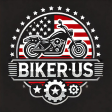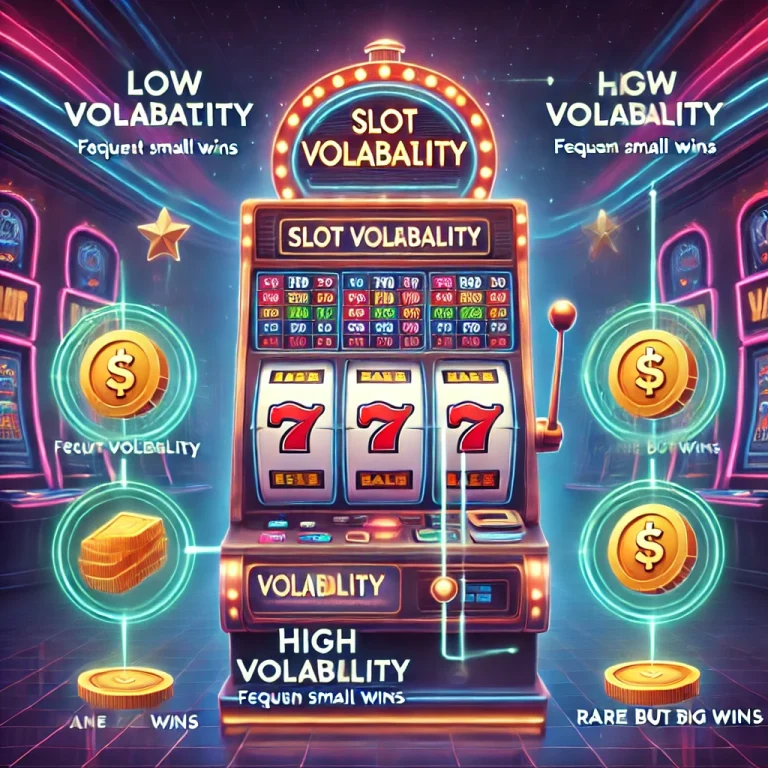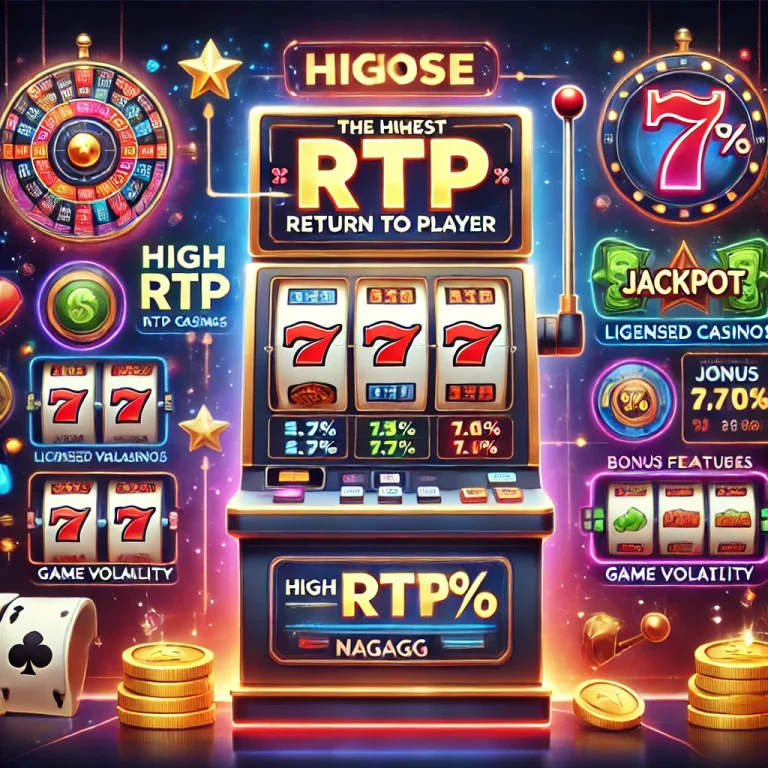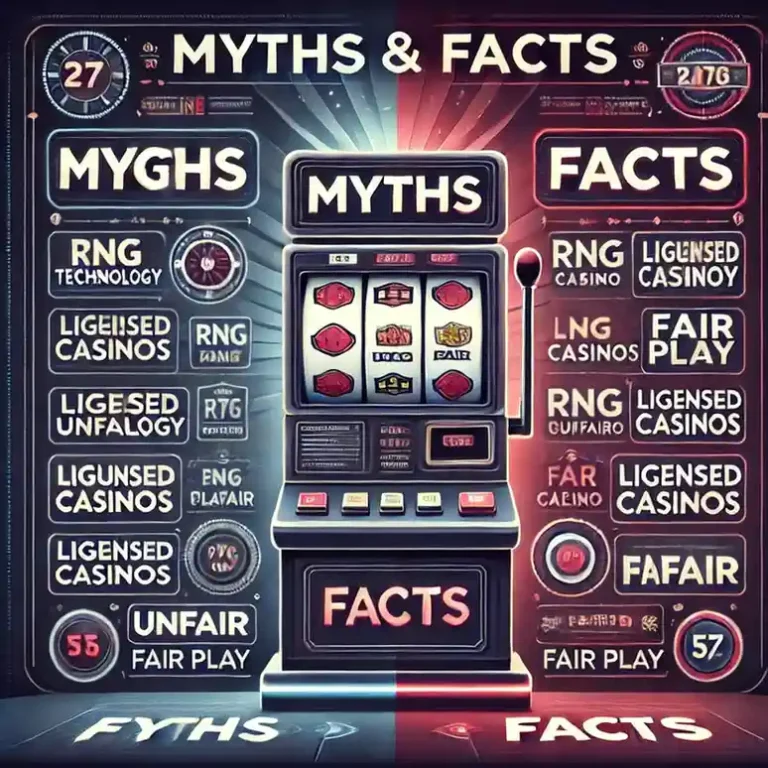The Outlaws Motorcycle Club, often referred to simply as the “Outlaws,” is one of the most influential and storied motorcycle clubs in the world. Founded in 1936 in McCook, Illinois, the Outlaws are widely considered the world’s oldest outlaw motorcycle club. With a membership exceeding 1,700 riders and hundreds of chapters across the Eastern and Central United States, the Outlaws hold significant power, particularly in the Great Lakes region and at the Canadian border.
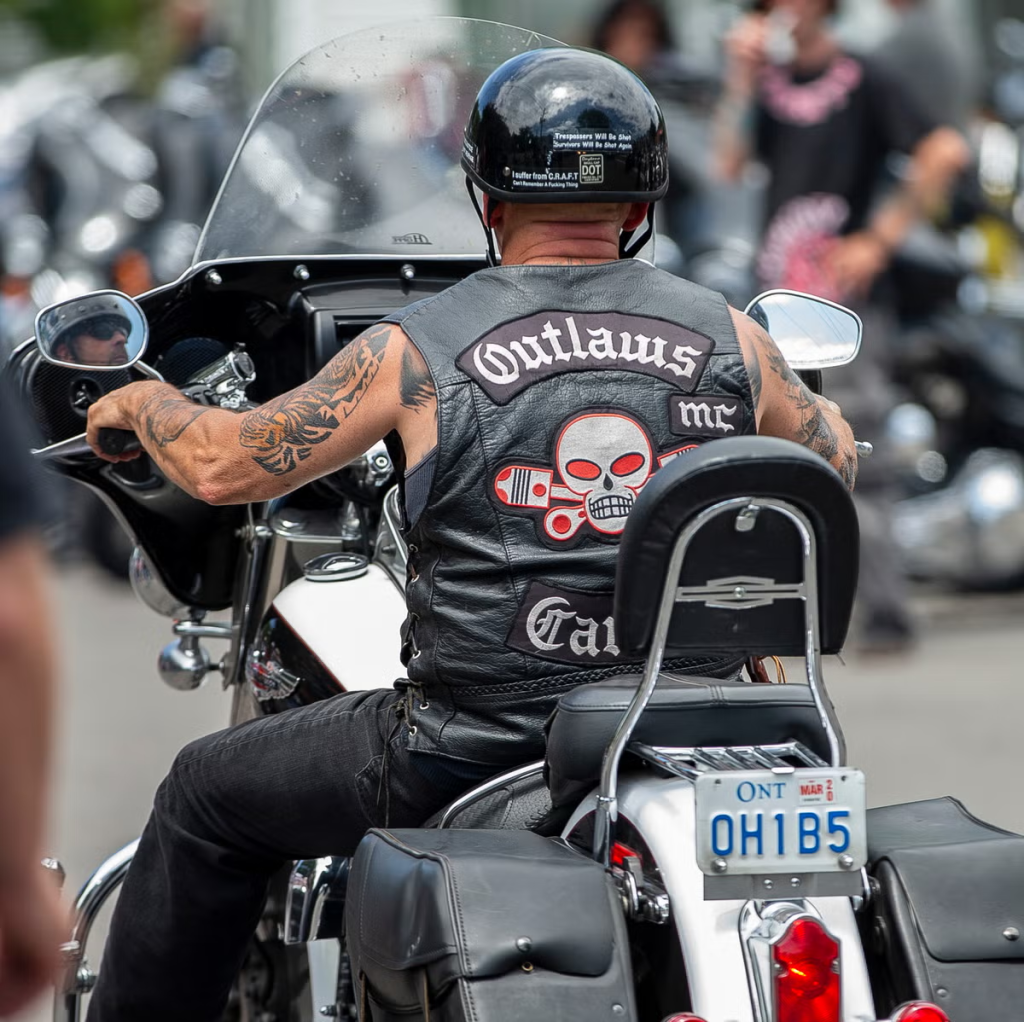
Origins and History
The Outlaws Motorcycle Club traces its origins to a group of motorcycle enthusiasts who formed in 1936 under the name the McCook Outlaws Motorcycle Club. After World War II, the club expanded, and by the 1950s, it had embraced the outlaw motorcycle culture.
Their logo, the skull and crossed pistons, also known as “Charlie,” became synonymous with rebellion and defiance. Over time, the club adopted the motto: “God forgives, Outlaws don’t.”
Territory and Membership
The Outlaws have grown into one of the most expansive motorcycle clubs in the world, with chapters across the United States, Canada, and beyond.
Territorial Strongholds
- Great Lakes Region: The Outlaws dominate the area around the Great Lakes, controlling key territories in Illinois, Michigan, and Wisconsin.
- Eastern U.S.: Chapters stretch across states like Pennsylvania, Ohio, and Florida.
- Canadian Border: The Outlaws have established strongholds that facilitate their involvement in cross-border activities.
Membership
With over 1,700 members, the Outlaws are one of the largest outlaw motorcycle clubs, rivaling the Hells Angels in size and influence.
Criminal Activities and Controversies
The Outlaws have a long history of criminal accusations and controversies.
Drug Smuggling Operations
The Outlaws are heavily involved in drug trafficking, particularly along the Canadian border. Their strategic positioning allows them to control significant portions of the illegal drug trade in these regions.
Violence and Capital Offenses
The club has been implicated in numerous violent crimes, including murders and assaults. These incidents often stem from turf wars and rivalries with other motorcycle clubs, especially the Hells Angels.
Rivalry with the Hells Angels
The Outlaws are considered the Hells Angels’ biggest rivals, with a feud that spans decades. This rivalry has led to violent confrontations across the United States and internationally.
Key points of contention include:
- Territorial Disputes: Both clubs vie for control over lucrative territories, particularly in the Midwest and Great Lakes regions.
- Power Struggles: As two of the most prominent outlaw motorcycle clubs, their rivalry is as much about dominance as it is about turf.
Legacy and Influence
The Outlaws Motorcycle Club is one of the most iconic names in motorcycle culture. Their history as the world’s oldest outlaw motorcycle club and their continued influence in the motorcycle world cement their legacy.
Despite their reputation for violence and criminal activities, the Outlaws are also known for their loyalty and strong sense of brotherhood. To their members, the club represents freedom, rebellion, and a shared identity.
Conclusion
The Outlaws Motorcycle Club stands as a symbol of resilience and power in the outlaw motorcycle world. From their beginnings in 1936 to their current dominance in the Eastern and Central U.S., they have maintained their status as one of the most formidable motorcycle clubs in history.
Their ongoing rivalry with the Hells Angels adds to their mystique, while their influence over the Great Lakes region and cross-border operations ensures their presence remains significant.
For more insights into motorcycle culture, explore related articles on the Hells Angels, Bandidos, and Pagan’s, all of which share similarly rich and complex histories.
